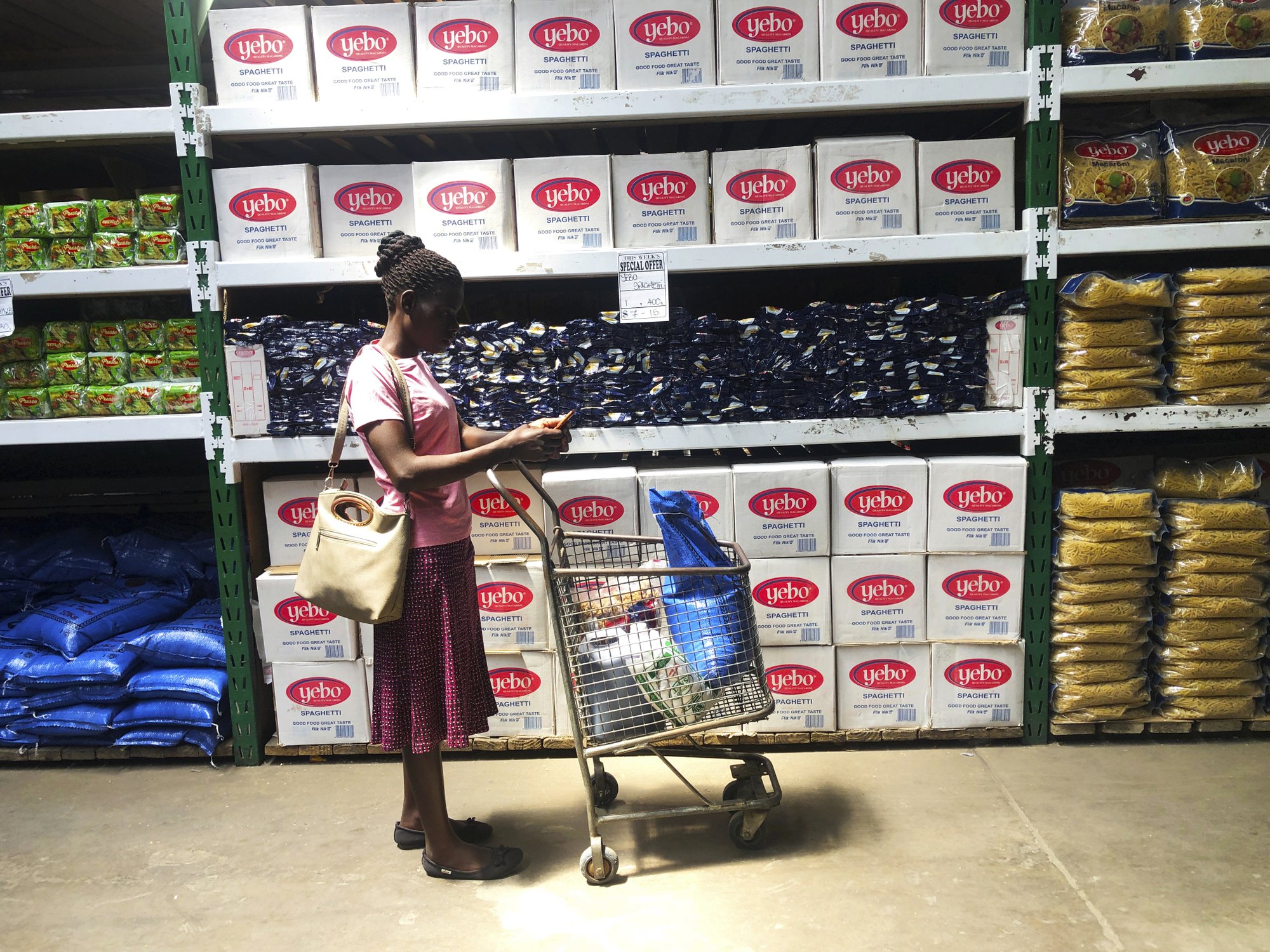Business brisk for retailers as Christmas fever grips nation
Retailers, formal and informal, were busy at work yesterday and doing very good business with Christmas Day coming up on Saturday, and so sales of grocery, clothing items suitable for gifts were good and even bars were doing good business.
In Harare, where factories, banks and many non-retail businesses were closed, workers took advantage of the Unity Day commemorations to get into town to buy food, clothes, toys and some paraphernalia for Christmas.
Some parents took the opportunity to buy school uniforms for children, particularly Grade Ones and Form Ones, given that schools will be opening very early in the New Year after the shortest Christmas holidays on record.
Vendors selling umbrellas, fruits and shopping bags, also enjoyed brisk business.
Along Jomo Kenyatta Street (Park Street) opposite Construction House, traders selling second-hand clothes, shouted their voices hoarse to attract customers who included the young and old.
Even the light showers that fell in the afternoon could not discourage shoppers from continuing with preparations for Christmas and New Year holidays.
Some told The Herald that business had peaked from last Friday, and were taking home decent amounts given that this is the first festive season since 2018 that civil servants have approached with foreign currency after President Mnangagwa decided on a once-off bonus to serving staff and Government pensioners.
Those travelling were also seen along Sam Nujoma Street seeking transport to Mashonaland Central, while others were near Roadport wanting to travel to Mashonaland East and Manicaland.
At the Exhibition Park, commonly known as Harare Showgrounds, more people were looking for transport to go to places such as Gweru, Bulawayo, Victoria Falls and Zvishavane.
It was the same at Mbudzi Roundabout where some wanted to travel to Masvingo, Chiredzi, Beitbridge, and Gutu, among other places.
Our reporters across the country observed that most urban centres were flooded by shoppers as they prepared for the holidays.
In rural areas, many people were readying their radios and batteries, and buying solar systems to ensure the holidays proceed without disruptions.
Mr Josh Mutiwekuziva of Harare said he decided to do his shopping yesterday as the city centre would be less congested.
“For the past days, the CBD had been congested and even driving was difficult. Many people have been buying goods ahead of the holidays so I felt today (yesterday) would be better, hence the decision to bring kids for shopping,” he said.
A food vendor, Mrs Nancy Matenda, said she had made meaningful sales. “It is during this time of the year that we make huge profits. We expect business to continue to firm as we go towards December 25,” she said.
A parent, Mr William Gutsa, said although it was tempting to buy groceries and clothes, he had decided to first buy school wear for the children.
“I prefer paying school fees and buying uniforms for my kids before spending money on Christmas groceries. Christmas is a time for joy, happiness and we should be merry but we should also not forget that a few days after the New Year holiday, preparations for the opening of schools will begin and most people will be broke then.
“Some money lending organisations make brisk business in January, lending money at high interest because they know there are some people who always forget to prepare for schools opening and are always hit by the ‘January Disease’ every year,” he said.
As consumers buy goods, especially groceries, local products are dominating the shelves, thanks to President Mnangagwa’s agricultural transformation programmes.
Maize-meal, flour, wheat, beans, small grains, bread, sugar, cooking oil, rice and even stock feed, are among goods that are readily available at the same prices due to increased production eliminating potential shortages.
Mrs Jessica Vheremu said since many people buy festive season goods in bulk, they tended to run out of stock but this year, everything remains available.
“Some things are a bit expensive but I think most of those are imports. But the products from local farmers are quite affordable, things like mealie-mealie, flour, popcorn, bread, vegetables and all the greens.
“Government has done well in supporting local farmers and I think they should do more so that we come to a stage where we should not import food,” said Mrs Vheremu.
Wholesalers, retailers and millers have all pledged to supply goods and not raise prices.
With the competition in the retail sector and no shortages of any kind, it is impossible to profiteer since customers will just go somewhere else.-The Herald










